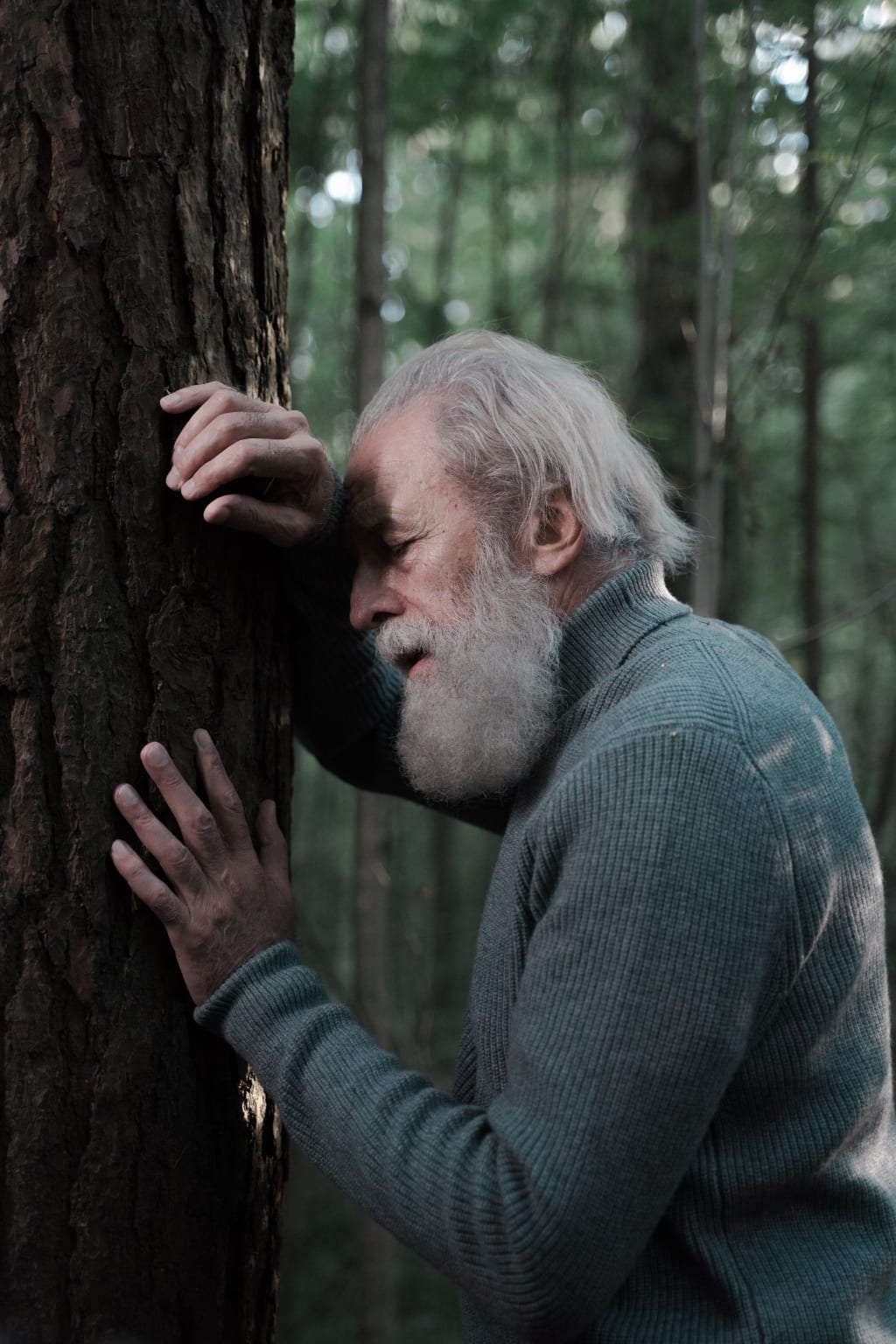What if you could experience 1000 years of evolution in a single day?
Exploring the Hypothetical Scenario of Rapid Evolution in a Short Timeframe

Have you ever considered that human evolution is slow? What if we could accelerate the process and experience 1,000 years of evolution in just one day? This hypothetical scenario raises intriguing questions about how our appearance, technology, and thinking would change. In this article, we will explore the possibilities of rapid human evolution and examine what could happen if we evolved at such an accelerated rate.
About 10,000 years ago, our ancestors spread to every continent on Earth, except for Antarctica. They began to farm and herd animals and settle into villages. Since then, humans have evolved 100 times faster than any other time in history. In the last 150 years alone, we have grown ten centimeters taller and started living an average of 20 years longer. But what if we could experience a thousand years of evolution overnight? Could we potentially live forever?
If we jump-started our evolution and evolved 1,000 years overnight, the changes might feel a little awkward. For starters, we might become smaller. Living on an overcrowded planet with scarce resources, our bodies would need to conserve more energy. This could come with growing pains, or rather, shrinking pains. However, we would wake up feeling better than we did the day before, thanks to tiny nanobots inside our bodies.
These nanobots, which are approximately 1/1000th the width of a strand of hair, would enhance our natural abilities by monitoring every aspect of our body's health. For example, if we had diabetes, these tiny workers would regulate our glucose and insulin levels. We could discover that, compared to our unevolved friends, we're suddenly thinking faster. Our brains would benefit from advanced artificial intelligence that would be as fast, if not faster, than the human brain.
With such advanced AI, we could do things that are currently impossible. We might be able to see frequencies outside the visible spectrum, thanks to special cameras that would enhance our eyes. We'd be able to recognize faces and names at lightning speed, and our minds would have their own version of Facebook, which we'll call "Brain Book." We could find that we suddenly have a new grasp of languages, such as Mandarin or Cantonese, which could be the standard global language in the future. Considering that 1.39 billion people speak Chinese today, it's possible that English would retain its position as a global language. Alternatively, we might understand and speak all languages, thanks to advanced translation enhancers in our brains. We could talk to anyone anywhere without ever needing to learn the language.
However, if those enhancers in our brain stopped working, we would discover that we might not be as smart as we thought. We could take an intelligence test to find out that we aren't even as smart as we used to be. This could be because our brain evolved to be dependent on all these new developments in AI. Without their assistance, simple tasks we perform at work could seem complex and challenging.
The most dramatic change of all is one we wouldn't notice right away. Eventually, we would discover that our life expectancy has extended to around 150 years. This would be thanks, in part, to the nanobots monitoring our health, but it would also be due to genetic modifications that could become commonplace in the future. Our genes would be engineered to remove diseases like cystic fibrosis or Huntington's disease.
All these new developments in our body would feel unique and special if they happened to us overnight. However, with all these changes occurring in humanity over the next 1,000 years, we'd find that we would all start to look and act the same, like clones of each other. Maybe by that time, we would be clones. But that's a story for another "what if."
The thought of experiencing 1000 years of evolution in a single day is both thrilling and daunting. While the idea of having advanced technology and enhanced physical and mental abilities sounds incredible, it's important to consider the potential consequences and societal implications of such rapid change. It's impossible to predict exactly how our world would look and function after such a dramatic transformation, but it's clear that it would be vastly different from what we know today. So, what if we could experience 1000 years of evolution in a single day? Only time (and perhaps some scientific breakthroughs) will tell.
About the Creator
Bob Oliver
Bob is a versatile writer & communicator passionate about exploring diverse topics & perspectives. I have written for various media outlets. And I believes in using words to inspire positive change. #writing #communication #passion
Enjoyed the story? Support the Creator.
Subscribe for free to receive all their stories in your feed. You could also pledge your support or give them a one-off tip, letting them know you appreciate their work.






Comments
There are no comments for this story
Be the first to respond and start the conversation.